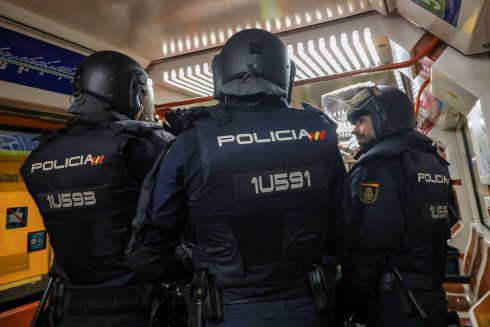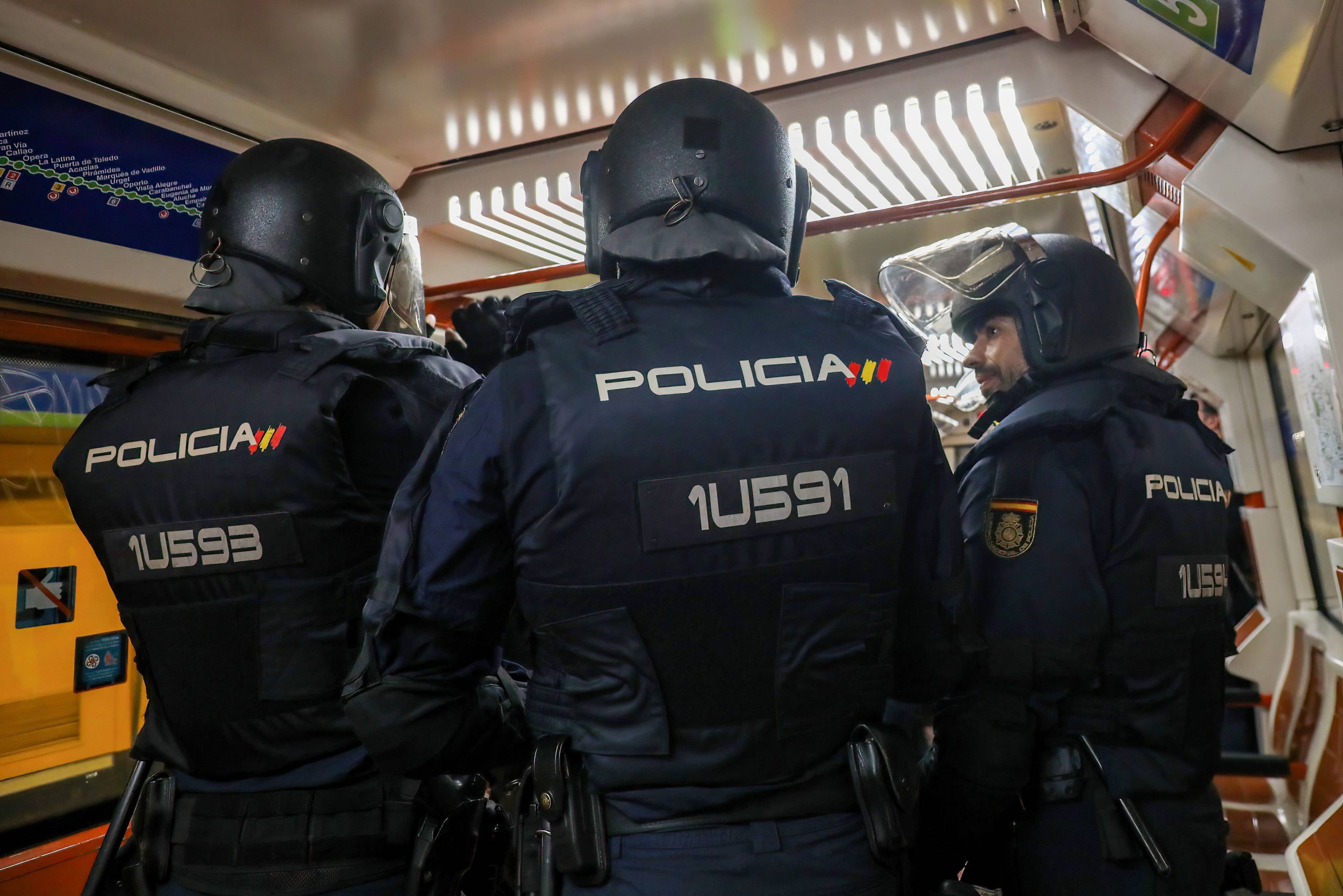SPAIN is on high alert for 12 known Jihadists in the country after recent terror attacks in France and Belgium.
According to the Department for National Security, they represent ‘one of the biggest dangers and challenges’ in the struggle against terrorism.
The 12 Jihadists being monitored are classed as ‘returned foreign terrorist fighters’. This classification refers to someone who has ‘travelled away from their home state in order to commit, plan or participate in terrorist acts’.
In Spain, nine of these individuals are in prison, while 12 roam free.
The most recent Jihadist attack in Spain was at two churches in Algeciras, near the tourist mecca of the Costa del Sol, in January this year.
A sexton was killed and four other people, including a parish priest, were injured when 25-year-old Moroccan national Yassine Kanjaa launched a lone-wolf machete attack.
In July 2017, an Islamist terror cell launched a two-pronged attack in Barcelona.

Younes Abouyaaqoub, 22, drove a van into pedestrians and tourists on the iconic La Rambla street, killing 14 people and injuring at least 130 others.
Nine hours later, five other terrorists drove into crowds in nearby Cambrils, killing one woman and hurting six others – before they were all shot dead by police.
Reports from the Centre of Counter Terrorism and Organised Crime Intelligence (CITCO) state that 15% of the most high risk terrorists are of Spanish nationality and 64% are moroccan.
Authorities say they are monitoring the individuals by issuing cease and desist orders, preventing entry into the Schengen zone or controls carried out through the Schengen Information System (SIS).
The individuals pose a threat to Spain as “their presence and activity in conflict zones has provided them with operational knowledge and experience in the handling of weapons, contacts, routes and facilitating agents.”
According to the report, “they could become leaders due to their knowledge of radicalisation and subsequent execution of terrorist acts.”
Currently, there are over 6,000 European terrorist fighters who remain abroad, but it is unlikely we will see a ‘mass return’.
Despite the concerns, Spain’s threat level has not been increased but reinforcements are now in place at ‘sensitive’ points like embassies and spaces associated with the Jewish community.
The country’s threat level currently stands at four, where it has been since 2015 following terror attacks in France.
However, it is reviewed by the ‘Terrorist Threat Level Committee’ on a weekly basis.
The level could rise to five if solid evidence of an upcoming terror attack arose. It would cause the Spanish army to be deployed in an effort to protect citizens.
READ MORE:
- Pro-Palestine protesters screaming ‘murderous Israel!’ try to storm synagogue in Spain: Tensions mount in Melilla as hundreds take to the streets and police are forced to intervene
- Russian warship and submarine are intercepted off the coast of Spain’s Mallorca
- Terror watch: Spain is tracking more than 300 ‘lone wolves’ amid fears of an Islamist attack
Click here to read more Spain News from The Olive Press.








